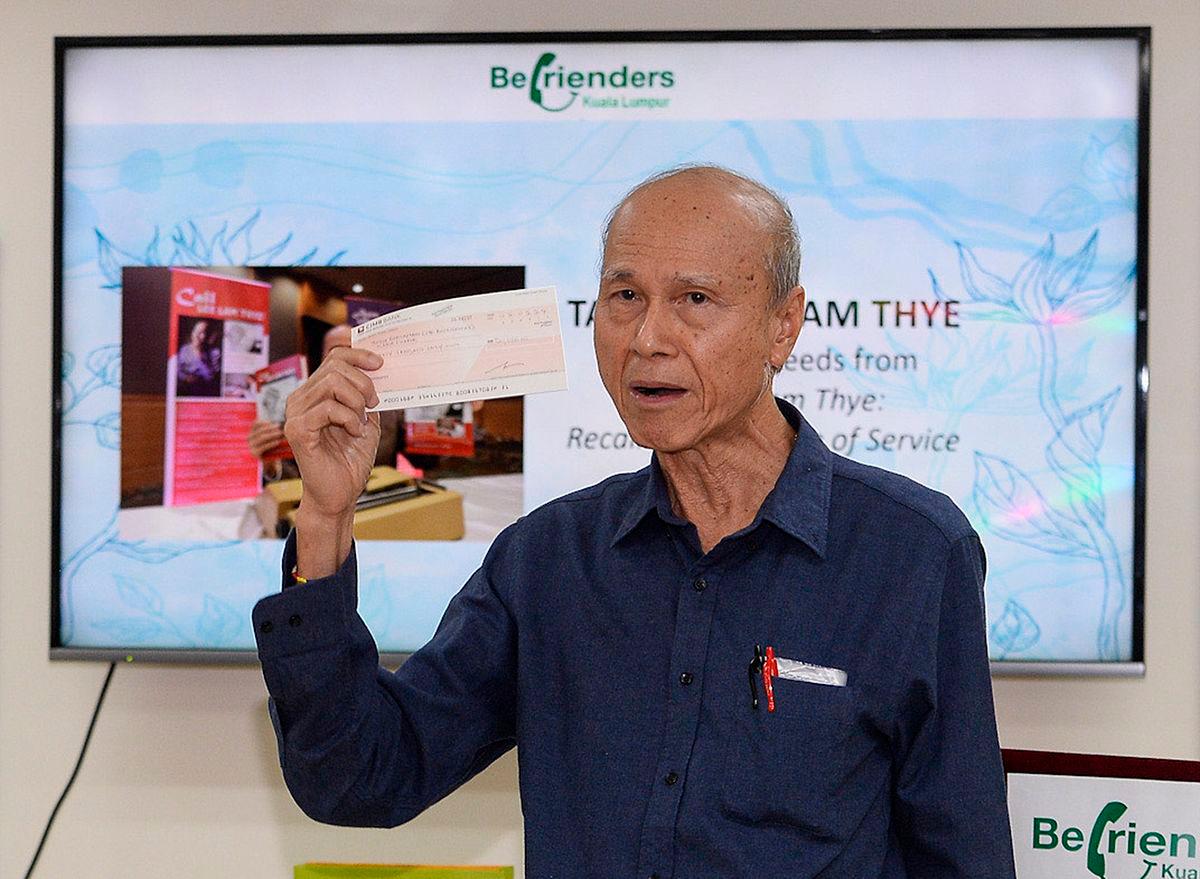KUALA LUMPUR: Educators, parents, policymakers and the private sector are urged to recognise digital safety education as a crucial life skill for navigating the modern world, said Alliance for a Safe Community chairman Tan Sri Lee Lam Thye.
Lee said that digital safety education is no longer a matter for IT professionals alone but has become a critical necessity for every member of society in today’s digital age, where online platforms shape the way we communicate, learn, work, and play.
He said the responsibility to foster a digitally safe environment must be shared across communities, especially among parents and children.
“While the Internet offers endless opportunities for knowledge and growth, it also exposes users, particularly young ones, to significant risks such as cyberbullying, online scams, grooming, identity theft, misinformation, and exposure to harmful or inappropriate content.
“In many cases, children and even adults are unaware of the dangers that lurk online or lack the digital literacy needed to protect themselves,” he said in a statement today.
Lee said that achieving digital literacy remains challenging due to factors such as a lack of awareness, limited access to training, and generational gaps that hinder parents from keeping up with evolving technology.
Additionally, he said that issues such as misinformation, overreliance on devices, and insufficient critical thinking skills further complicate efforts to ensure safe and informed digital engagement.
To overcome these challenges, Lee said community-based digital literacy campaigns should be organised through collaboration between government agencies, non-governmental organisations and schools, offering workshops and awareness programmes for parents, children and community leaders.
He said schools must integrate digital safety education such as digital citizenship, cyber hygiene, and critical thinking into their curricula, while parents should be equipped with tools, training, and support to monitor and guide their children’s online behaviour through open communication and active engagement.
“Public-private partnerships should collaborate with tech companies to promote safer digital habits and tools, such as parental controls and content filters, while also encouraging the use of child-friendly online spaces and teaching children to report harmful content, fostering ethical, empathetic, and responsible digital behaviour at home and in school.
“Let us empower our communities to be digitally literate, critically aware, and cyber-resilient. Protecting our children and building a safer digital future begins with informed action today,” he added.









